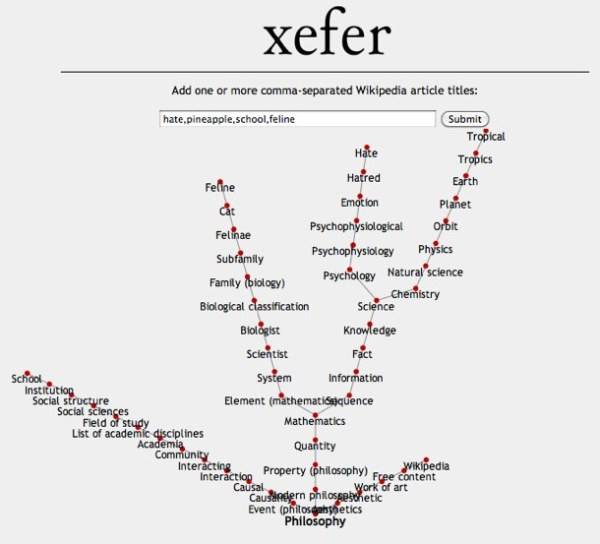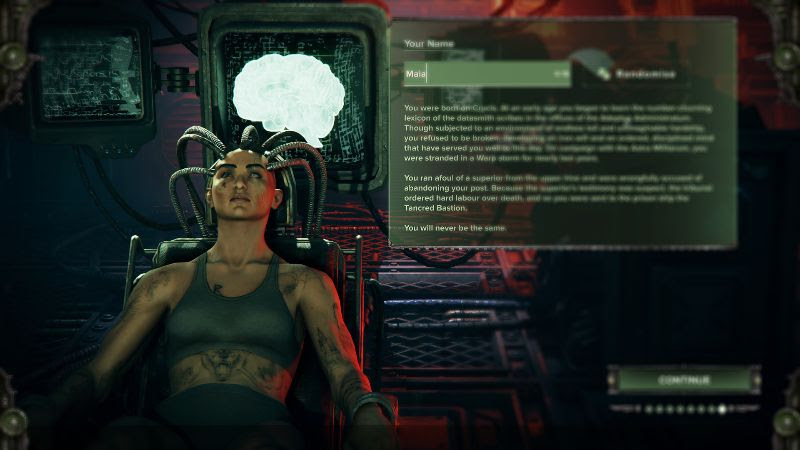Mashup developer Jeffrey Winter was thinking about Wikipedia one day and specifically about a rumor that if you followed the first link on any Wikipedia entry that you’d eventually land on the page for Philosophy. So, nerd that he must surely be, he built a web interface to trace this phenomenon and visualize it. The end result is very cool.

Called “All Roads Lead to ‘Philosophy’,” Winter’s mashup tests what he believed to be a reasonable theory and it seems to test well. The fact is that Wikipedia is more regularly structured than one might think and as one commenter on Winter’s post said, most Wikipedia articles begin by saying that the subject of the page is a subset of a larger concept. As you click through those larger and larger concepts, you will eventually hit the ultimate abstraction: philosophy! It’s pretty cool, give it a try.

Thanks are due to the always enjoyable blog Flowing Data for finding this one.
So on some level this is a statement about life and the world (and Philosophy), surely, but on another level it’s a statement about Wikipedia.
Two and a half years ago I wrote that Wikipedia’s future could be as a development platform. The site contains a gargantuan amount of human created and tended but largely machine readable and structured data. That’s a potential gold mine in terms of a potential pay-off in innovation. Wikipedia can offer developers opportunities to glean analysis, supplemental content and structured data from its years-old store of collaboratively generated information.
At least one prominent startup since then, however, has stopped using Wikipedia content as a part of its service because of the site’s tendency to explain things either too generally or too technically and the penalty that search engines impose on duplicate content around the web.
But if what was becoming a web of pages is becoming a web of applications, perhaps duplicate content isn’t so bad anymore. Perhaps content can become a commodity and platforms like Wikipedia can serve up what they do best (create content) and then its users can do with it what they do best (everything else).
The potential applications go well beyond fun head-scratchers like the Philosophy mashup above, but a project like this does demonstrate just how structured the wild-west of Wikipedia, and of the human experience, really is.










